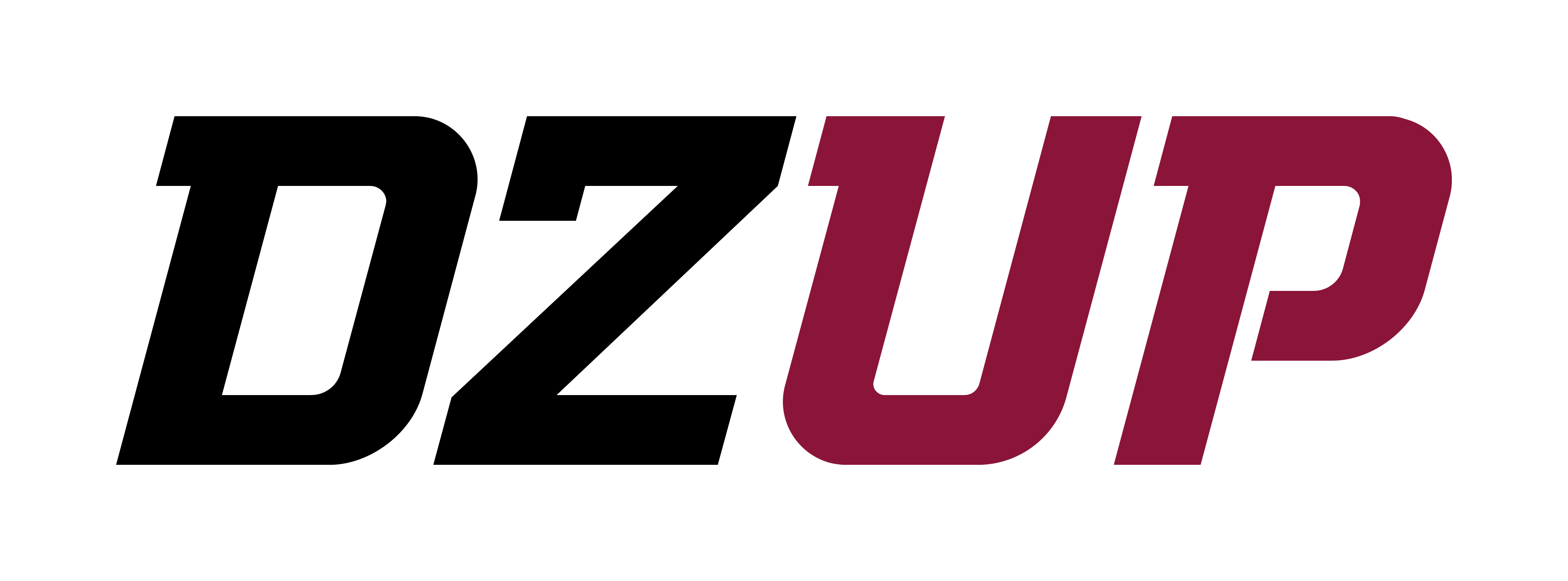On Wednesday, April 10, University of the Philippines (UP) Diliman Chancellor Edgardo Carlo Vistan II urged faculty members to consider transitioning to remote and/or asynchronous modes of learning amid concerns over extreme heat conditions in Metro Manila.
The request follows a letter dated April 6 from the UP Diliman University Student Council (USC), highlighting the anticipated heatwave in the coming days. The USC called for the suspension of all face-to-face classes from April 11 to 13, after the Araw ng Kagitingan and Eid’l Fitr holidays on April 9 and April 10, respectively.
Citing consultations with various colleges, the USC noted that over 2,000 students prefer asynchronous or synchronous classes during this period, especially since many are commuters facing the sweltering heat on their way to campus.
“The USC believes that conducive learning environments are essential for uninterrupted and holistic learning,” it said.
The Philippines has been grappling with extreme heat conditions since the onset of the dry season in March, exacerbated by the El Niño phenomenon.
According to the latest heat index forecast by the Philippine Atmospheric, Geophysical and Astronomical Services Administration (PAGASA), Metro Manila may experience a heat index of up to 41°C until Thursday.
PAGASA urges extreme caution, warning of potential heat-related illnesses such as cramps, exhaustion, and heat stroke, particularly with heat index levels between 33°C and 41°C.
The state weather bureau defines heat index, also known as apparent temperature, as “a measure of the contribution that high humidity makes with abnormally high temperatures in reducing the body’s ability to cool itself.”
The Department of Education reiterated its previous issuance, granting school heads the authority to suspend in-person classes and switch to alternative delivery modes during extreme weather conditions or calamities, prioritizing the health and safety of learners, teachers, and staff.

